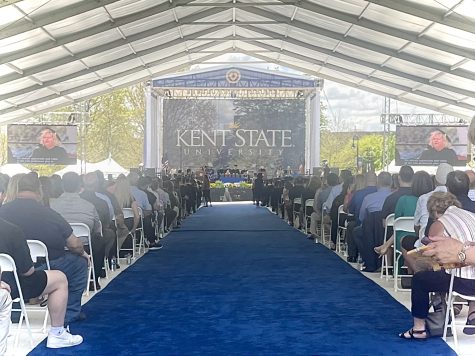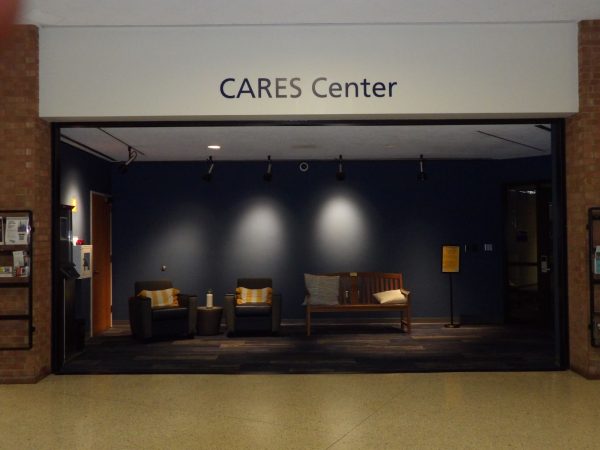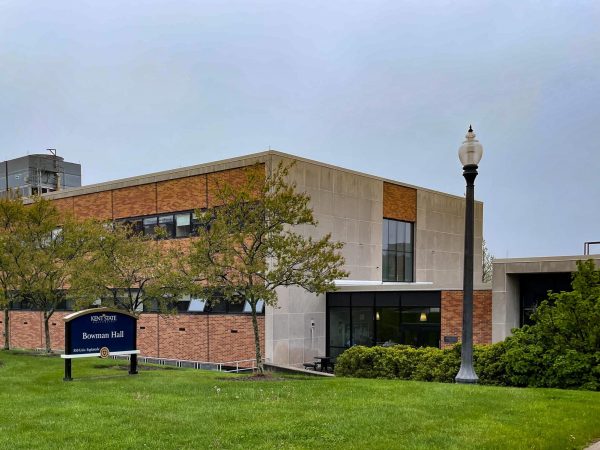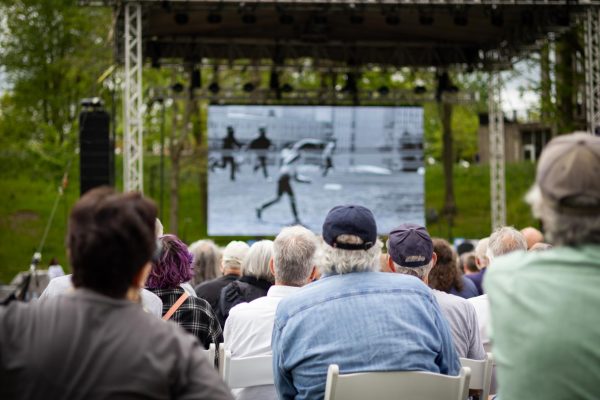Students work to stop genocide in Darfur
June 28, 2006
The genocide happening in Darfur is creating an uproar on campuses across the nation.
Kasia Orzechowski is one of the many college students nationwide protesting the genocide in Darfur, a region of Sudan.
“People need to realize that this is not just a war, this is a genocide,” Orzechowski said. “This is not history, it’s going on now, and we have the power to stop it.”
Orzechowski is the community outreach chairperson for the George Washington University chapter of Students Taking Action Now: Darfur. Her job is to update the campus and the rest of Washington, D.C. about Darfur-related updates and information.
|
HOW TO START A CAMPUS ORGANIZATION • Stopping genocide in Darfur is a cause many students around the world are supporting. Standnow.org has resources for students to begin a STAND chapter on their campus, and students can register their organization with the Center of Student Involvement, located on the second floor of the student center. • Once an organization is registered on Kent State’s campus, they are permitted to use University facilities, and can receive assistance in planning programs for their organization. • For more information, visit www.kent.edu/campuslife/StudentOrganizations HOW TO HELP Monetary donations can be made to charitable organizations such as the United Nations World Food Program, Doctors Without Borders, UNICEF, Catholic Relief Services, Islamic Relief or American Jewish World Service. |
According to savedarfur.org, the conflict has been escalating since February 2003, when the Sudan Liberation Movement/Army and the Justice and Equality Movement attacked military installations. The Sudanese government then gave permission to militias to clear civilians from areas considered disloyal to the Sudanese government.
Since the conflict erupted, it has been reported that there have been over 400,000 deaths in Darfur.
Organizations such as STAND are trying to help raise awareness about the situation in Sudan as well as raise relief funds. According to standnow.org, there are over 200 chapters of STAND on high school and college campuses across the United States, each started independently by students. These chapters often work hand-in-hand with other humanitarian organizations, scheduling rallies, hosting concerts, and fundraising.
Sam Schiller is on the STAND Great Lakes Regional Task Force and is a member of STAND at Northwestern University. The chapter there held a mock refugee camp, complete with tents and cardboard boxes, hoping to bring some attention to the issue on campus. Tables were set up giving students the opportunity to ask questions about Darfur and join the Million Voices campaign, which sends postcards and messages to President Bush, urging him to take action and protect the people living in Darfur.
Schiller said many people do not attempt to do anything about the situation in Sudan because they do not think anything will change.
“Africa is manageable,” he said. “If we make a big effort, we can really make a difference.”
For many students, an organization like STAND presents an opportunity to get involved while also making an impact.
“Often we use the phrase ‘never again’ when speaking of the horrors that occurred in the Holocaust, yet it is has happened time and time again,” Orzechowski said. “Joining STAND is a way to make those words a reality, to make sure that the world doesn’t fall back on its promises. Darfur is something that everyone should care about just by being a human being.”
Kent State does not currently have a STAND chapter on campus.
Contact religion and culture reporter Jessica Wojcik at [email protected].
























